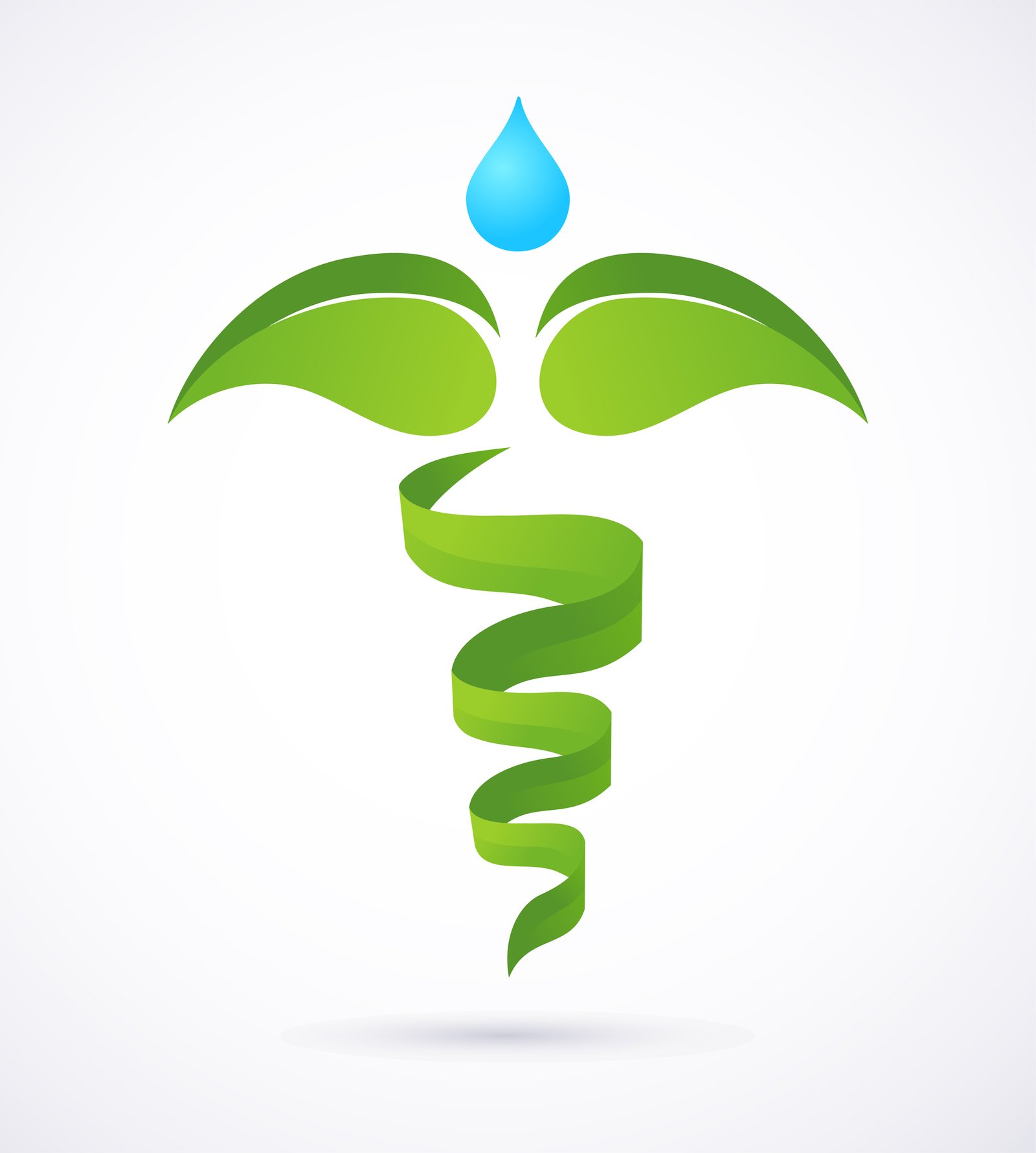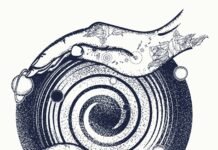Spiritual Science Applied To Medicine

Anthroposophical medicine is the widely known “professional” name for medicine in Spiritual Science. You may know it as the commonly used name “Alternative Medicine”. It has been practiced and explored for 130 years, basically since the 1920s. In the 21st century alternative medicine has evolved into being used by many physicians all over the world, more frequently in certain parts of Europe and North America. This approach in medicine comes from the practices, knowledge, and teachings of Rudolph Steiner. He was a philosopher who founded the school of Anthroposophy.
Anthroposophy is a school of thought that relies on scientific approach in spiritual discernment. Anthroposophical medicine, despite its leanings to spiritual aspects, still relies on established facts and the systematic approaches to modern medicine. It uses fundamental principles in ancient medicine, such as Chinese medicine, Tibetan medicine, and Ayurvedic medicine. For the most part it’s holistic approach that focuses on the spiritual well-being, as much as it does on the physiological one.
The systematic model of Anthroposophical Medicine (AM) relies on the “four-foldness” of being. There are four parts of that decide the general condition of an individual.
- Physical Body. This is the vessel.
- The Life/Etheric Body. This is the same as the Chinese idea of chi.
- The Soul/Astral Body. This is the intermediate between the intelligent soul (consciousness) and the mental body.
- The Spirit. This is the nonphysical part of a person which is the essence of emotions and character.
In this model, the physician ensures that all these four levels are put under careful scrutiny, and he applies his knowledge of modern medicine and spiritual science in their treatment both in separate levels and as a whole. AM physicians use diagnostic tools, but also rely on intuition and understanding of the patient’s psyche and overall personality. The medicine often used in Anthroposophical Medicine is called homeopathic and medicinal. This makes it non-toxic and less risky.

This doesn’t apply to all alternative medicines, nor to all people. However, as is with conventional medicine there can be side effects. These side effects that can come from alternative medicines are referred to as “healing crises”. This means some symptoms your having can worsen temporarily. Symptoms such as headaches, nausea, muscle soreness, and others. This aligns with the belief that modern medicine suppresses illness, and that it may not be beneficial to a patient’s long-term health. So the theory with alternative medicines is to draw out the illness in order to get rid of it completely. The goal is to completely pave the way to recovery and eliminate diseases/disorders that have been diagnosed as lifelong illnesses.
Anthroposophical medicine also relies on allied therapies, which include massage therapy, eurythmics (otherwise known as movement therapy). Eurythmics is described as the science and art of harmonizing our inner spiritual movements. Psychotherapy is another similar therapy. It which helps in dealing with sickness and disease on a psychological level. Typically, during your first visit with an Alternative medicine doctor, they educate the patient in the overview of Anthroposophy. This is done because its almost impossible to make any progress with treatments involving the mind, body, and spirit without the patient’s conscious awareness. This awareness and info is gathered through surveys and instructional materials, which are provided before the first stage of treatment.
Some fundamentalists in modern medicine have a dislike for the practice of alternative medicines. Some think it is synonymous with “voodoo”. Even though studies have shown promising results. Whatever the case, Anthroposophical medicine continues to improve our spiritual and physical well-being, and is definitely here to stay.
– ExtraOrdinary Blogs





